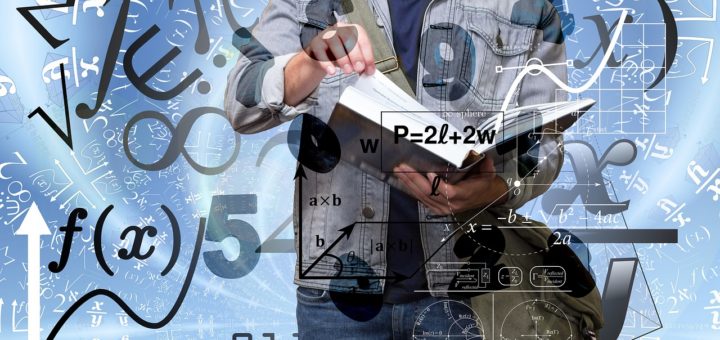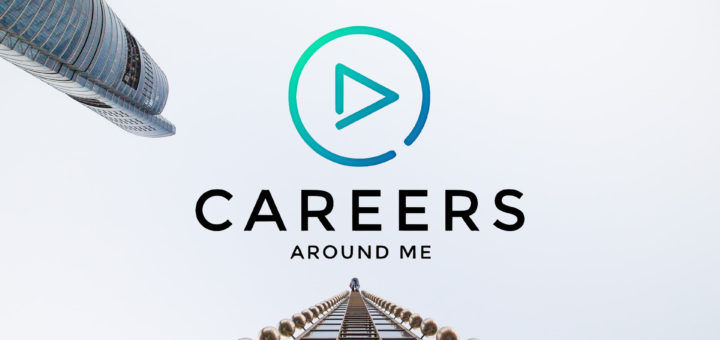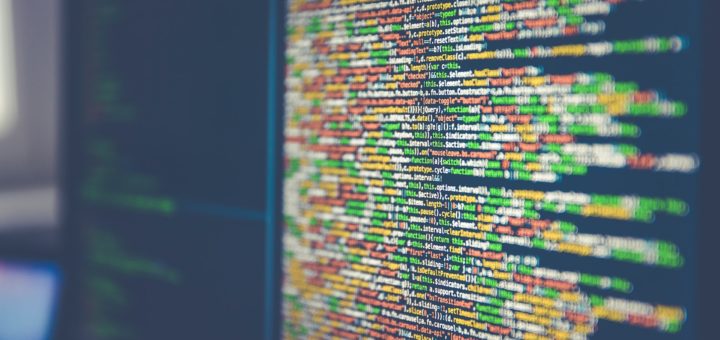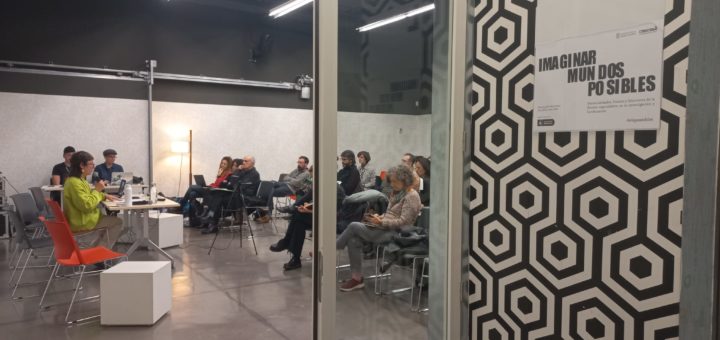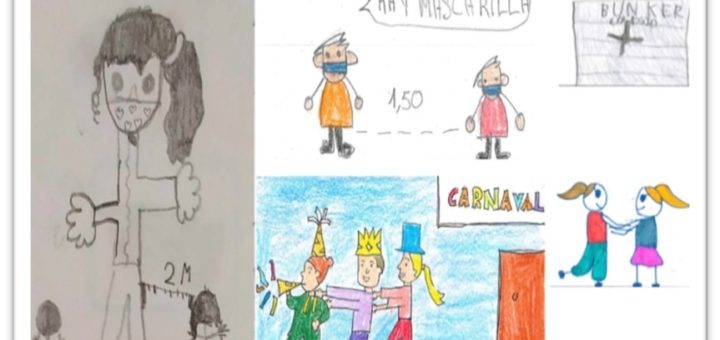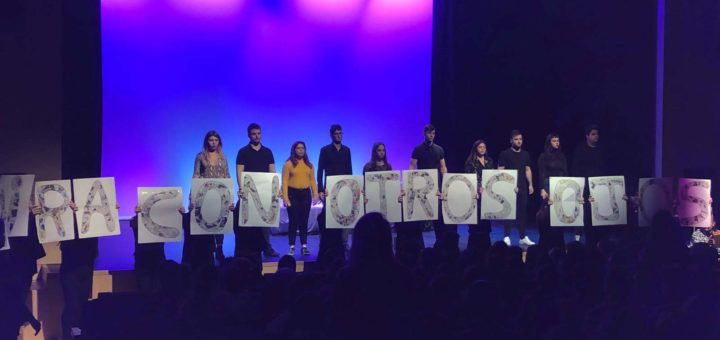Building global citizenship in the age of digital capitalism
In the complex and increasingly interconnected world we live in today, a world facing an unprecedented eco-social crisis, there is no escaping the need to build global citizenship. Against this backdrop, Global Citizenship Education (GCED) has become an essential field of study and intervention encompassing a wide range of practices that, over time, have given rise to a multiplicity of meanings and debates.


